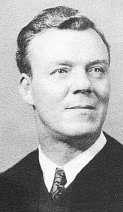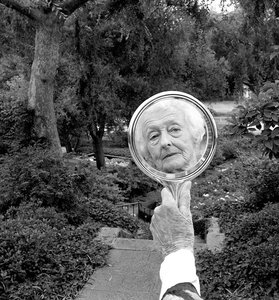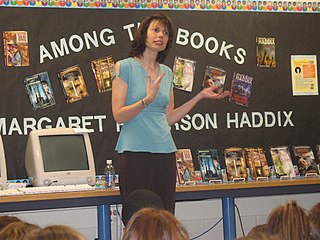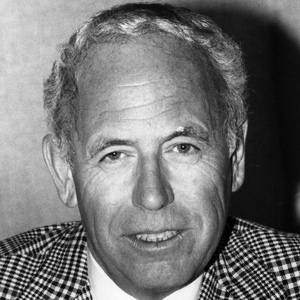A Quote by Nancy Kress
Before the scene, before the paragraph, even before the sentence, comes the word. Individual words and phrases are the building blocks of fiction, the genes that generate everything else. Use the right words, and your fiction can blossom. The French have a phrase for it - le mot juste - the exact right word in the exact right position.
Related Quotes
I suppose there is something appealing about a word that everyone uses with absolute confidence but on whose exact meaning no two people can agree. The word that I'm thinking of right now is genre, one of those French words, like crêpe, that no one can pronounce both correctly and without sounding pretentious.
We cannot control the way people interpret our ideas or thoughts, but we can control the words and tones we choose to convey them. Peace is built on understanding, and wars are built on misunderstandings. Never underestimate the power of a single word, and never recklessly throw around words. One wrong word, or misinterpreted word, can change the meaning of an entire sentence - and even start a war. And one right word, or one kind word, can grant you the heavens and open doors.
Right now, in this moment, your soul has again created opportunity for you to be, do, and have what it takes to know Who You Really Are. Your soul has brought you to the words you are reading right now-as it has brought you to words of wisdom and truth before. What will you do now? What will you choose to be? Your soul waits, and watches with interest, as it has many times before.
Certain individual words do possess more pitch, more radiance, more shazam! than others, but it's the way words are juxtaposed with other words in a phrase or sentence that can create magic. Perhaps literally. The word "grammar," like its sister word "glamour," is actually derived from an old Scottish word that meant "sorcery." When we were made to diagram sentences in high school, we were unwittingly being instructed in syntax sorcery, in wizardry. We were all enrolled at Hogwarts. Who knew?
The daily quota I've set for myself is 500 words or approximately a page and a half double-spaced. Which isn't much, except that I'm extremely slow, extremely meticulous. 'Le mot juste' haunts me. On a good day, I will finally secrete the 500th word at about 5 o'clock, and I'll reward myself by going to Housing Works Bookstore to read.
I set myself 600 words a day as a minimum output, regardless of the weather, my state of mind or if I'm sick or well. There must be 600 finished words — not almost right words. Before you ask, I'll tell you that yes, I do write 600 at the top of my pad every day, and I keep track of the word count to insure I reach my quota daily — without fail.
I've been working hard on [Ulysses] all day," said Joyce. Does that mean that you have written a great deal?" I said. Two sentences," said Joyce. I looked sideways but Joyce was not smiling. I thought of [French novelist Gustave] Flaubert. "You've been seeking the mot juste?" I said. No," said Joyce. "I have the words already. What I am seeking is the perfect order of words in the sentence.





































